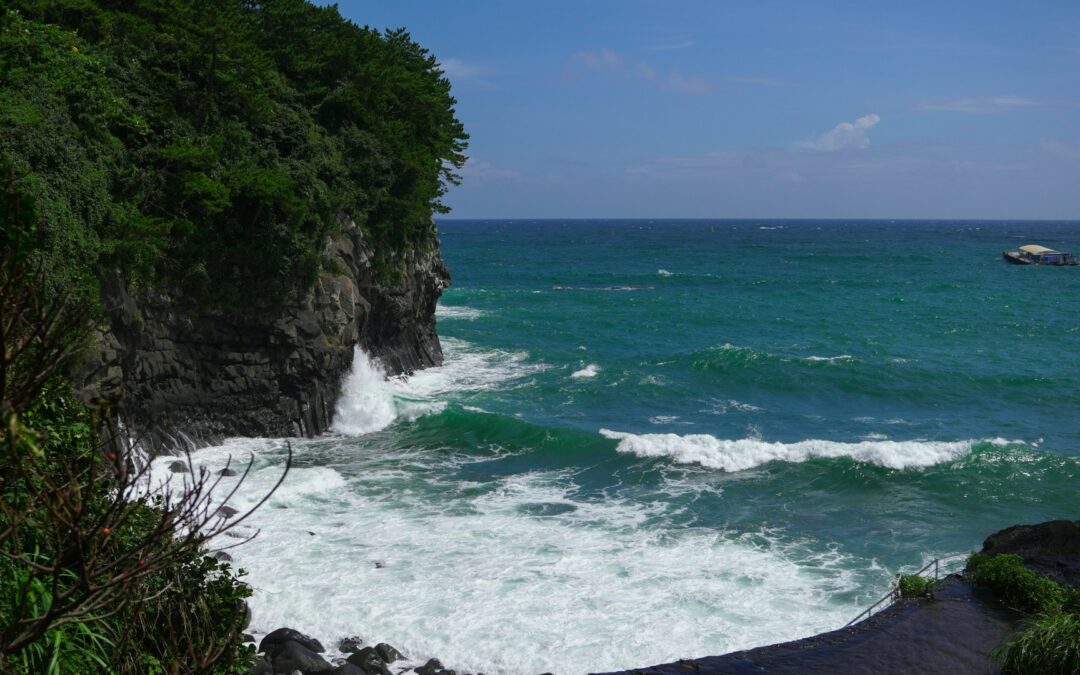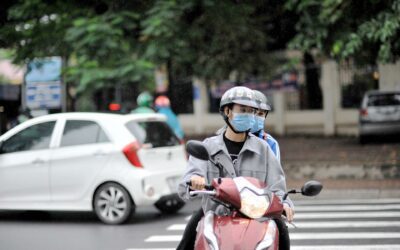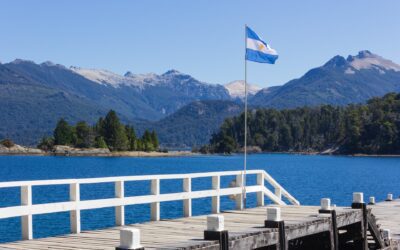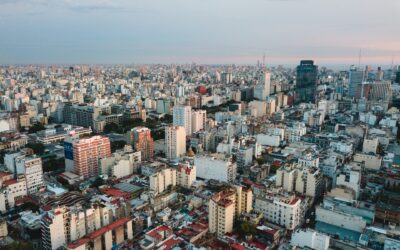|
|
In the first week of November 2024, the digital nomad initiative Hoppin Jeju hosted the Jeju Workation and Global Digital Nomads gathering on Jeju Island. This is an independent province off the south coast of the Korean Peninsula, which includes the country’s largest island. For decades it has been a popular vacation destination, and now it is looking to become a digital nomad hotspot.
Thirty digital nomads from 14 countries, including the United States, France, and Australia, were invited to the gathering and among other things discussed the digital nomad future of Jeju. Following the meeting, on November 14, 2024, the local government announced its intention to release a Jeju-type digital nomad visa in the coming months to attract more digital nomads to the region and start to market Jeju as the perfect place to mix work and leisure.
As an independent province, Jeju already restricts access to the island. Those restrictions were recently loosened when foreigners from 23 countries were granted visa-free travel to Jeju for up to 30 days. Citizens of most other countries much apply for a K-ETA visa. The intention is that the Jeju digital nomad visa will allow digital nomads and remote workers to stay longer. This is separate from the South Korea digital nomad visa.
So, why are we so excited about the new Jeju visa?
Jeju is the Perfect Place for Productively Getaway
When planning a workation or choosing a digital nomad destination, many people are looking to get away from the stress and bustle of modern life, while still being able to deliver on their work obligations. Jeju Island, also called Jeju-Do and the “Island of the Gods,” is the perfect candidate.
While Jeju is part of South Korea, one of the world’s most modern and technologically advanced countries, Jeju is a natural haven that still benefits from South Korea’s organization and infrastructure.
The main island is about 1800 square kilometers in size and is off the south coast of Korea in the Korean Strait. It is a natural wonderland combining stunning white sandy beaches, coastal volcanic rock formations, rich green rainforests, rolling green hills, and ancient stone-walled farms. It is also home to Hallasan, the tallest mountain in South Korea, with a crystal-clear lake in its crater. Jeju is also home to UNESCO-listed volcanic lava tubes that cover around 10% of the island.
You can explore all these wonders from modern villages that feel small-scale and laidback when compared to most of the cities on the mainland. They ooze a distinctive native culture, which comes from a population that has inhabited the island since Neolithic times. It is here they you will find much of Korea’s traditional Shamanic community. The locals are universally considered to be warm and friendly.
One fascinating thing you will encounter of Jeju are haenyeo, who are female free divers who dive to incredible depths to collect seafood with no equipment. It is a skill passed on from mother to daughter, and it is not usual to see grandmothers making the dive.
However, it is worth noting that they do speak a different dialect on Jeju, and it can be hard to get used to if you are still working on your Korean. English is not widely spoken outside of tourist spots and expat communities.
It’s an Affordable Place to Live
Jeju is a highly affordable place to live, especially when compared to expensive cities such as Seoul. The biggest expenses are the cost of traveling to and from the island, the taxes that are charged on anything delivered from the mainland from shops and similar services.
But on Jeju itself, it is estimated that you probably only need around US$1,200-$1,500 per month as a single person. This includes US$600-$1,000 per month for rest depending on the kind of accommodation you choose.
One digital nomad mentioned renting a three-story place with five bedrooms and three bathrooms not far from the airport for just US$1,000 per month. You can find accommodation through online platforms such as Zigbang, Naver Real Estate, and Craigslist Seoul. If you need help, enlist a local real estate agent, known as a “budongsan.”
Activities also tend to be affordable. For example, the island has a rich marine life to discover as a diver, or you can book a trip on a submarine for just US$50.
There Are Plenty of Places to Meet Other Remote Workers
When it comes to being productive and networking with other remote workers and entrepreneurs, Jeju has a selection of excellent coworking places. This number is set to expand following the new initiative.
Sagye Fishing Village Coworking Space is an open plan workspace in the heart of Sagye Fishing Village, and ideal base for exploring most of the island. Open weekdays from 9am to 6pm, expect good Wi-Fi and a lively and active community.
The Jilquerang Center overlooks the beach and offers a relaxing and airy space. It has many convenient features including free parking, personal lockers, and an onsite café.
While the island retains its traditional culture, the influx of “refugees” from Seoul means you can also expect modern cafes, innovative restaurants, yoga studios, and more.
What About the South Korea Digital Nomad Visa?
As mentioned, this Jeju visa is separate from the South Korea digital nomad visa, called the Workation Visa (F-1-D), as Jeju is an independent province that governs its own borders. So, what if you want to travel to South Korea as a digital nomad?
The visa launched on January 1st, 2024, and allows eligible foreigners and their families stay in South Korea for one year in the first instance, renewable for a second year.
To qualify, the lead applicant (spouses cannot combine their income) must show that they are gainfully employed abroad, either as an employee or a freelancer, and make a minimum income of 88 million won per year, which is about US$64,000 (before tax). This figure may be revised in 2025, as it is set at twice the gross national income per capita. You must also be over 18 and show that you have been employed in the same job or profession for at least a year.
Applications are made in person at your closest South Korean embassy, and you can switch to the visa if you are already in the country. A condition of the visa is also that you obtain personal medical insurance valid in South Korea covering at least 100 million won. You will also be required to prove that you have a clean criminal record in the country where you currently live and provide an address for correspondence in South Korea.
As part of the visa, you will receive an Alien Registration Card (ARC), which can be used for things such as opening a bank account, opening a phone subscription, and accessing other social services. You need to apply for this upon arrival within 90 days.
Before jumping to apply, it is worth being aware that you will be taxed on your income while in South Korea. Even if you are working for a foreign country, it is considered taxable because you earned it while staying in South Korea. However, this may only apply to income that is paid into a Korean bank account, and South Korea has double taxation agreements with a variety of countries.









